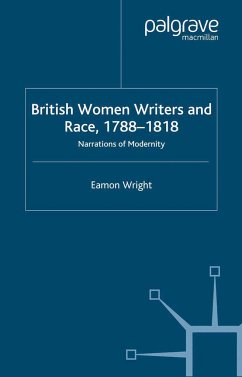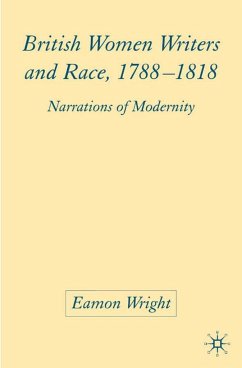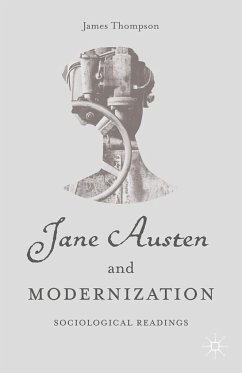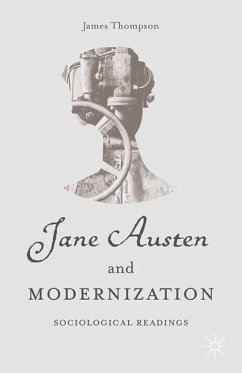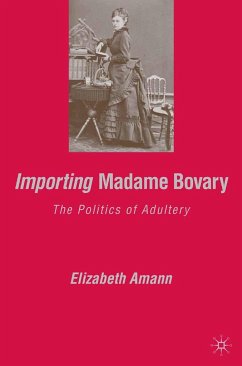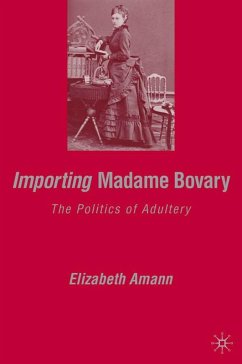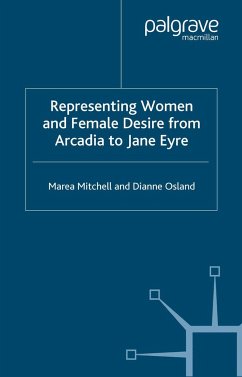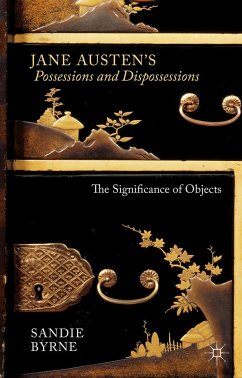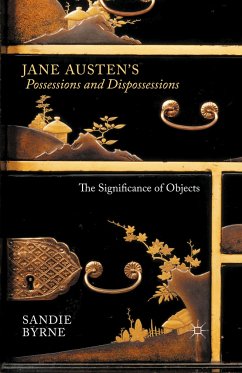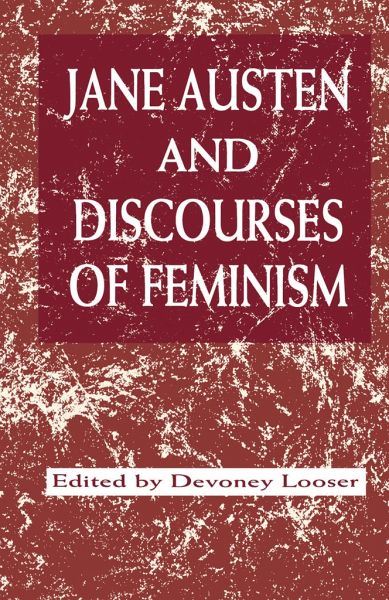
Jane Austen and Discourses of Feminism
Versandkostenfrei!
Versandfertig in 6-10 Tagen
98,99 €
inkl. MwSt.

PAYBACK Punkte
49 °P sammeln!
In recent decades the vision of Austen as a subversive or rebellious author has appeared most forcefully in the varied scholarship of feminist literary critics. Some feminists have fashioned an Austen more closely linked to what Juliet Mitchell has called 'The Longest Revolution' (the women's movement) than to the French Revolution; others have vehemently disagreed. Jane Austen and Discourses of Feminism involves - among other things - a reassessment of these versions of Austen's relationship to feminisms. By foregrounding issues of artistic merit, genre, and history, many literary critics hav...
In recent decades the vision of Austen as a subversive or rebellious author has appeared most forcefully in the varied scholarship of feminist literary critics. Some feminists have fashioned an Austen more closely linked to what Juliet Mitchell has called 'The Longest Revolution' (the women's movement) than to the French Revolution; others have vehemently disagreed. Jane Austen and Discourses of Feminism involves - among other things - a reassessment of these versions of Austen's relationship to feminisms. By foregrounding issues of artistic merit, genre, and history, many literary critics have effectively ignored issues of gender in their studies of Austen; feminist scholarship provided an important corrective. On the other hand, some feminist criticism, although it approached Austen's texts in innovative ways, gave short shrift to issues of history, literary genre, social context, or artistry. This volume aims implicitly and explicitly to recap second-wave feminist attention toAusten and to suggest new directions that criticism on Austen might take.





